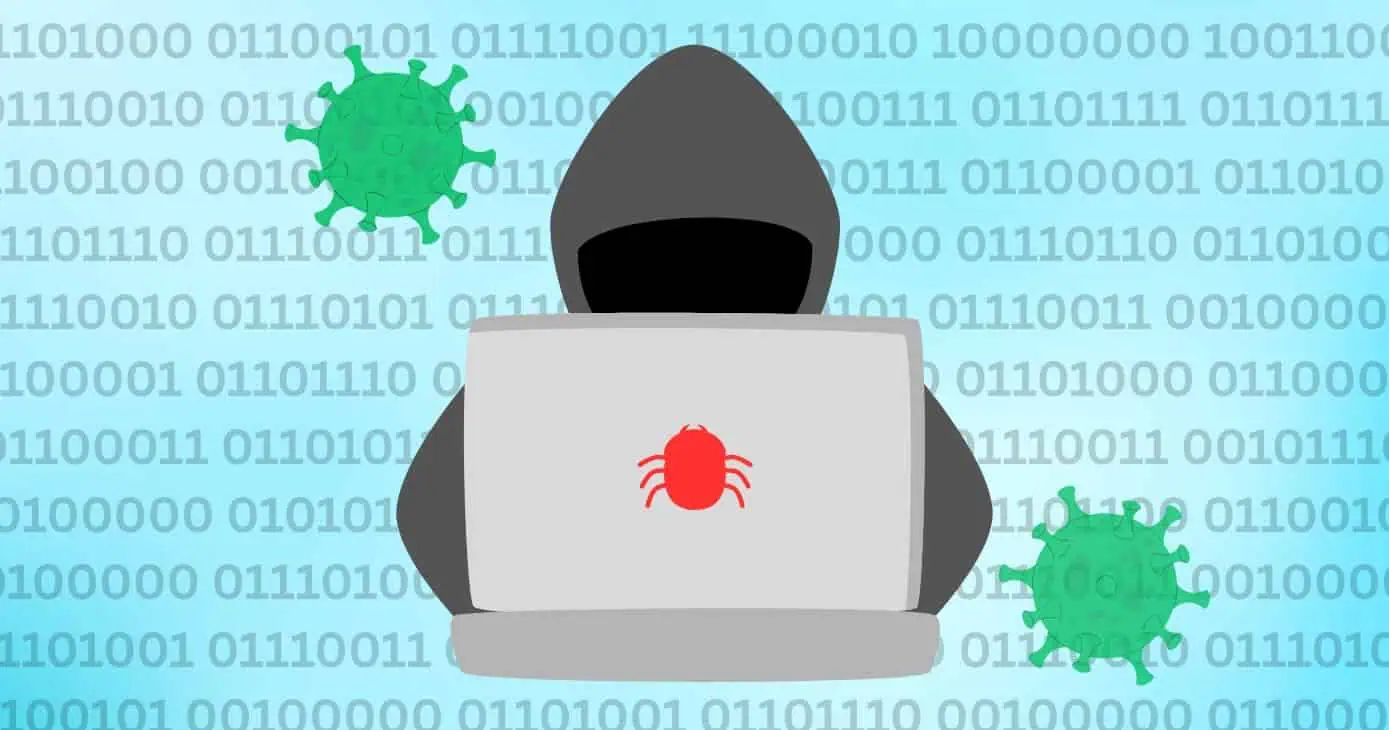
05 September 2025
How CDNs Are Powering the Future of the Web on macOS
When you think of the internet today, you probably picture how fast a page loads, how smooth a video streams, or how quickly a download finishes. What most people do not know is that behind this smooth experience is a silent force: Content Delivery Networks, or CDNs.
CDN services are the hidden infrastructure that makes modern web usage possible, and if you’re on a Mac, you’re experiencing their impact in ways you may not even notice. They are transforming the future of web experiences: whether it is faster speeds with the Safari browser, more stable app updates, or tighter, enhanced security.
What Exactly Is a CDN?
In the simplest terms, a CDN is a worldwide system of servers that cache and distribute content nearer to you. Rather than sending each request of a webpage or video going halfway across the world to reach a single data center, CDNs store the content on many servers spread across the world. When you click play on a video, the CDN automatically connects you to the nearest server, shaving off precious time.
This is more important on macOS than you might think. When you stream an Apple TV+ show, sync your iCloud files, or download the latest macOS update, CDNs are at work behind the scenes so that you rarely see a buffering icon.
The Mac Experience and Speed
Mac users are known for expecting a certain level of polish. When you invest in the Apple ecosystem, you do not just want things to work, you expect them to work fast, reliably and with style. One of the reasons why that is possible is CDNs.
Consider Safari, as an example. Websites are huge now, with large resolution images, JavaScript and dynamic content. In the absence of CDNs, all Mac users accessing a site in the other part of the world would experience delays. However, with a CDN in place, such content is served by a local server and pages load almost immediately.
CDNs and App Distribution
One of the unsung heroes of macOS is the App Store. Developers, be it indie developers or large corporations, use CDNs to ensure that their apps can be accessed by people all over the world. Consider downloading a productivity app or a game that takes several gigabytes of space. In case the file had to be relayed through one central server, it may take ages, particularly when there is a high demand. CDNs distribute the load to numerous servers, which makes the downloads quicker and the crashes less frequent.
This distribution is also crucial for updates. Apple rolls out macOS updates to millions of users at once. Without CDNs, such updates would clog the system, leading to a painfully slow download. With them, the updates seem almost effortless regardless of the location.
Security and Stability
Speed is not the whole story. CDNs also offer a massive increase in security. Distributed Denial of Service (DDoS) attacks-where attackers overwhelm a service with false traffic- can bring a service to its knees. However, CDNs have the ability to absorb and deflect those attacks because they distribute traffic among many servers. This is good news to Mac users as it will make browsing safer, cloud access smoother and app performance more reliable.
Consider this: when you are backing up sensitive files to iCloud, you want to have a certain degree of confidence that the connection is secure and uninterrupted. The idea of CDNs is not just speed, but also to make sure that reliability is built into your everyday usage.
Streaming and Media on the Mac
Streaming is another area where CDNs excel. Apple Music, Apple TV+ and even third-party services like Netflix cannot work without CDNs to provide content without any disruptions. On a MacBook or iMac, it is not just your Wi-Fi that is doing the trick, but rather it’s a local server delivering data to you at high speeds.
CDNs are useful even to creators. When you are uploading a video or sharing a large design file on your Mac, the CDN ensures your work reaches its destination quicker and with less inconvenience. Thus, it is the lifeblood of contemporary digital creativity.
Closing Thoughts
CDNs may not be something you think about when you’re scrolling through a website, downloading an app, or streaming a show on your Mac. But they’re the invisible layer that makes all of it possible.
As the internet continues to expand and macOS becomes even more integrated with online services, CDNs will only grow in importance. They are not just powering today’s web—they’re shaping the future of how we’ll all experience it.
Digital Content Specialist
Nick deCourville is a Digital Content Specialist dedicated to the Apple ecosystem. He believes that fixing something can be just as straightforward as breaking it, which fuels his exploration of iPhone and iOS settings. As the owner of an iPhone 15 Pro, Apple Watch SE, and MacBook Pro, Nick is constantly honing his expertise in Apple’s products. With a Master’s degree in English Literature and Composition from The University of Akron, he has a strong foundation in writing and communication.

































